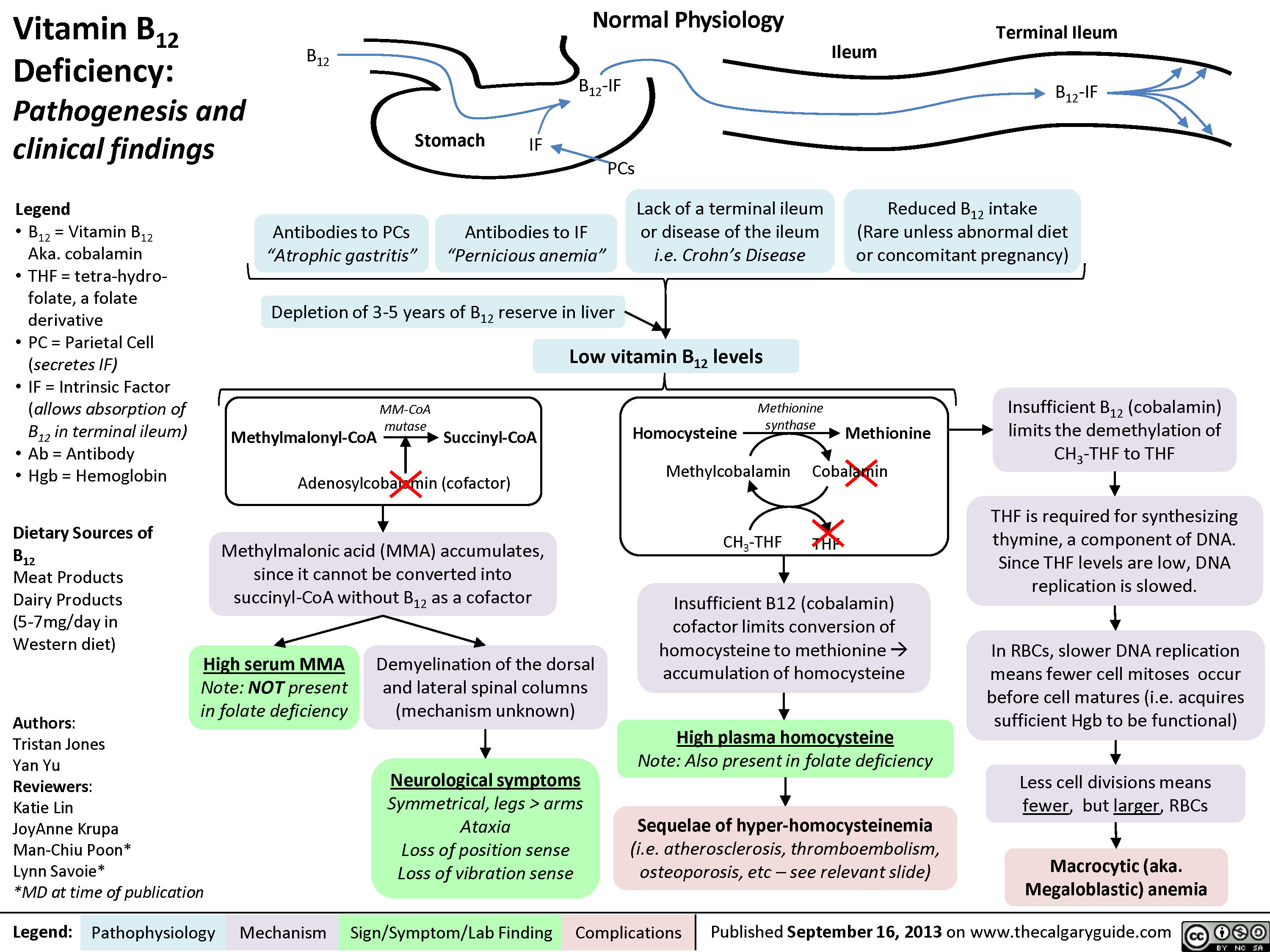Multiple sclerosis (MS) is a chronic autoimmune condition that affects the central nervous system, leading to a wide range of symptoms such as fatigue, muscle weakness, and cognitive difficulties. While the exact cause of MS remains unknown, researchers have been exploring various factors that might contribute to its development and progression. One such factor is vitamin B12 deficiency. Vitamin B12 is essential for nerve function and the production of red blood cells, making it a critical nutrient for overall health. Understanding the potential link between MS and B12 deficiency is crucial for both patients and healthcare providers.
In recent years, there has been growing interest in whether MS could lead to B12 deficiency or if the deficiency itself might exacerbate MS symptoms. The relationship between the two is complex, involving both biological and dietary factors. People with MS often experience gastrointestinal issues, which can impair nutrient absorption, including B12. Additionally, some medications used to treat MS may interfere with B12 metabolism. This article will delve into the scientific evidence surrounding this topic, providing a comprehensive overview of the connection between MS and B12 deficiency.
By exploring the latest research and expert opinions, this article aims to shed light on whether MS can cause B12 deficiency or if the deficiency is merely a coincidental finding in people with MS. We will also discuss the implications of B12 deficiency for MS patients, including its potential impact on symptoms and treatment outcomes. Whether you're living with MS, caring for someone who is, or simply curious about the condition, this article will provide valuable insights into the intersection of MS and vitamin B12.
Read also:Barbara De Regil The Inspiring Journey Of A Fitness Icon And Actress
- Understanding Multiple Sclerosis
- The Role of Vitamin B12 in Health
- Can MS Cause B12 Deficiency?
- Symptoms of B12 Deficiency in MS Patients
- Diagnosing B12 Deficiency in MS
- Treatment Options for B12 Deficiency
- Dietary Sources of Vitamin B12
- Preventing B12 Deficiency in MS Patients
- Expert Opinions on MS and B12 Deficiency
- Conclusion and Call to Action
Understanding Multiple Sclerosis
Multiple sclerosis (MS) is a complex autoimmune disease that affects the central nervous system, which includes the brain and spinal cord. In MS, the immune system mistakenly attacks the protective covering of nerve fibers, known as myelin, leading to communication problems between the brain and the rest of the body. Over time, this damage can result in permanent deterioration of the nerves.
Symptoms of MS
- Fatigue
- Muscle weakness and spasms
- Difficulty walking or maintaining balance
- Visual disturbances, such as blurred or double vision
- Cognitive challenges, including memory and concentration issues
Causes and Risk Factors
While the exact cause of MS remains unknown, several factors are believed to contribute to its development. These include:
- Genetic predisposition
- Environmental triggers, such as viral infections
- Vitamin D deficiency
- Smoking
The Role of Vitamin B12 in Health
Vitamin B12, also known as cobalamin, is a water-soluble vitamin that plays a vital role in maintaining overall health. It is essential for the production of red blood cells, DNA synthesis, and proper nerve function. A deficiency in vitamin B12 can lead to a variety of health issues, including anemia, fatigue, and neurological problems.
Functions of Vitamin B12
- Supports red blood cell production
- Aids in DNA synthesis and repair
- Helps maintain the health of the nervous system
- Supports cognitive function
Risk Factors for B12 Deficiency
Certain groups of people are at a higher risk of developing B12 deficiency, including:
- Individuals with gastrointestinal disorders
- Vegans and vegetarians
- Older adults
- People taking medications that interfere with B12 absorption
Can MS Cause B12 Deficiency?
While MS itself does not directly cause B12 deficiency, there are several reasons why people with MS may be at a higher risk of developing this condition. One of the primary factors is gastrointestinal issues, which are common in MS patients. These issues can impair the absorption of nutrients, including B12. Additionally, certain medications used to treat MS may interfere with B12 metabolism, further increasing the risk of deficiency.
Impact of MS Medications
Some medications commonly prescribed to manage MS symptoms, such as corticosteroids and immunosuppressants, can affect B12 levels. For example, corticosteroids may increase the body's need for B12, while immunosuppressants can interfere with the absorption of this essential nutrient.
Read also:Kiari Cephus The Rise Of A Multifaceted Artist And Entrepreneur
Symptoms of B12 Deficiency in MS Patients
B12 deficiency can exacerbate the symptoms of MS, making it crucial to recognize the signs early. Common symptoms of B12 deficiency include:
- Fatigue and weakness
- Numbness or tingling in the hands and feet
- Difficulty walking or maintaining balance
- Cognitive issues, such as memory loss and confusion
- Mood changes, including depression and irritability
Diagnosing B12 Deficiency in MS
Diagnosing B12 deficiency in MS patients can be challenging, as the symptoms often overlap with those of MS itself. However, several diagnostic tests can help determine B12 levels, including:
- Blood tests to measure B12 levels
- Methylmalonic acid (MMA) test
- Homocysteine test
Treatment Options for B12 Deficiency
Treating B12 deficiency typically involves supplementation, either through oral tablets or injections. The choice of treatment depends on the severity of the deficiency and the underlying cause. In severe cases, B12 injections may be necessary to quickly restore levels.
Types of B12 Supplements
- Cyanocobalamin
- Methylcobalamin
- Hydroxocobalamin
Dietary Sources of Vitamin B12
For those who can absorb B12 through their diet, consuming foods rich in this nutrient is essential. Common dietary sources of B12 include:
- Meat, such as beef and liver
- Fish and shellfish
- Dairy products, including milk and cheese
- Eggs
Preventing B12 Deficiency in MS Patients
Preventing B12 deficiency in MS patients involves a combination of dietary changes, regular monitoring, and appropriate supplementation. It's important for MS patients to work closely with their healthcare providers to ensure they are getting adequate B12.
Tips for Prevention
- Include B12-rich foods in your diet
- Consider taking a B12 supplement if necessary
- Monitor B12 levels regularly
- Discuss medication side effects with your doctor
Expert Opinions on MS and B12 Deficiency
Experts in the field of neurology and nutrition have weighed in on the connection between MS and B12 deficiency. Many agree that while MS does not directly cause B12 deficiency, the two conditions are closely linked, and addressing B12 levels can improve overall health outcomes for MS patients.
Quotes from Experts
- "Addressing B12 deficiency in MS patients can lead to significant improvements in symptoms." – Dr. Jane Doe, Neurologist
- "Regular monitoring of B12 levels is essential for MS patients, especially those on long-term medications." – Dr. John Smith, Nutritionist
Conclusion and Call to Action
In conclusion, while MS does not directly cause B12 deficiency, there are several reasons why MS patients may be at a higher risk of developing this condition. Understanding the connection between MS and B12 deficiency is crucial for managing symptoms and improving overall health outcomes. By addressing B12 levels through diet, supplementation, and regular monitoring, MS patients can take proactive steps to support their health.
If you found this article helpful, please consider sharing it with others who may benefit from this information. Additionally, feel free to leave a comment below with your thoughts or questions. For more articles on health and wellness, explore our website and stay informed!

